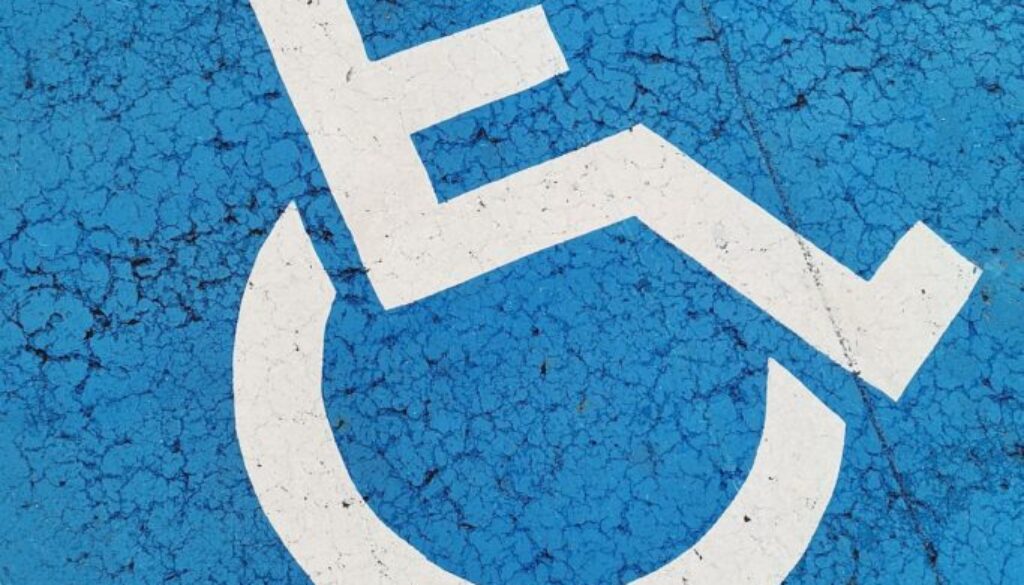FAQ – 6 – What counts as a disability?

Matthew Pinto-Chilcott – Owner of Consensus HR comments: “This is a question we get asked by our current and passed clients quite frequently and especially when a member of the team may not be performing to the standard they expect. Business owners, managers and members of the team should never make assumptions, however easy it may seem, as an employee may have an invisible disability such as Multiple Sclerosis and the employee does not wish to make it public. Business Owners and Managers can only help employees if they are made aware of what the disability is so that they can make any reasonable adjustments needed but this can only be done if the employee consents to the business obtaining the professional information needed from a Doctor or Consultant. Many employers however, depending on the culture of the company worry that should they tell their employer or consent to them getting medical advice that their employment will be made harder or may even seize. Businesses need to understand that by not managing this correctly could result in severe consequences such as constructive dismissal, discrimination, bad reputation, poor moral and motivation and extremely high financial awards from an Employment Tribunal (ET) from day one of employment.”
ANSWER:
Recognised Disabilities are continually changing and what is legally classed as one needs to be fully investigated to check on current law and any recent cases that have taken place.
You’re disabled under the Equality Act 2010 if you have a physical or mental impairment that has a ‘substantial’ and ‘long-term’ negative effect on your ability to do normal daily activities.
What does ‘substantial’ and ‘long-term’ mean
- ‘substantial’ is more than minor or trivial, eg it takes much longer than it usually would to complete a daily task like getting dressed
- ‘long-term’ means 12 months or more, eg a breathing condition that develops as a result of a lung infection
There are special rules about recurring or fluctuating conditions, eg arthritis.
Progressive conditions
A progressive condition is one that gets worse over time. People with progressive conditions can be classed as disabled.
However, you automatically meet the disability definition under the Equality Act 2010 from the day you’re diagnosed with HIV infection, cancer or multiple sclerosis.
What isn’t counted as a disability
There’s guidance on conditions that aren’t covered by the disability definition, eg addiction to non–prescribed drugs or alcohol.
If you have reasons / concerns for an employee and their ability to perform a role, you should seek HR advice immediately who will arrange the relevant best practice / law Policies and Procedures to be followed; such as consent to write for advice / suggestions to a medical professional. No employer should make assumptions as it could result in a very costly penalty financially and impact on the reputation of the company.
If you wish to discuss how best to manage this due to a concern you have, do not hesitate to contact us.





